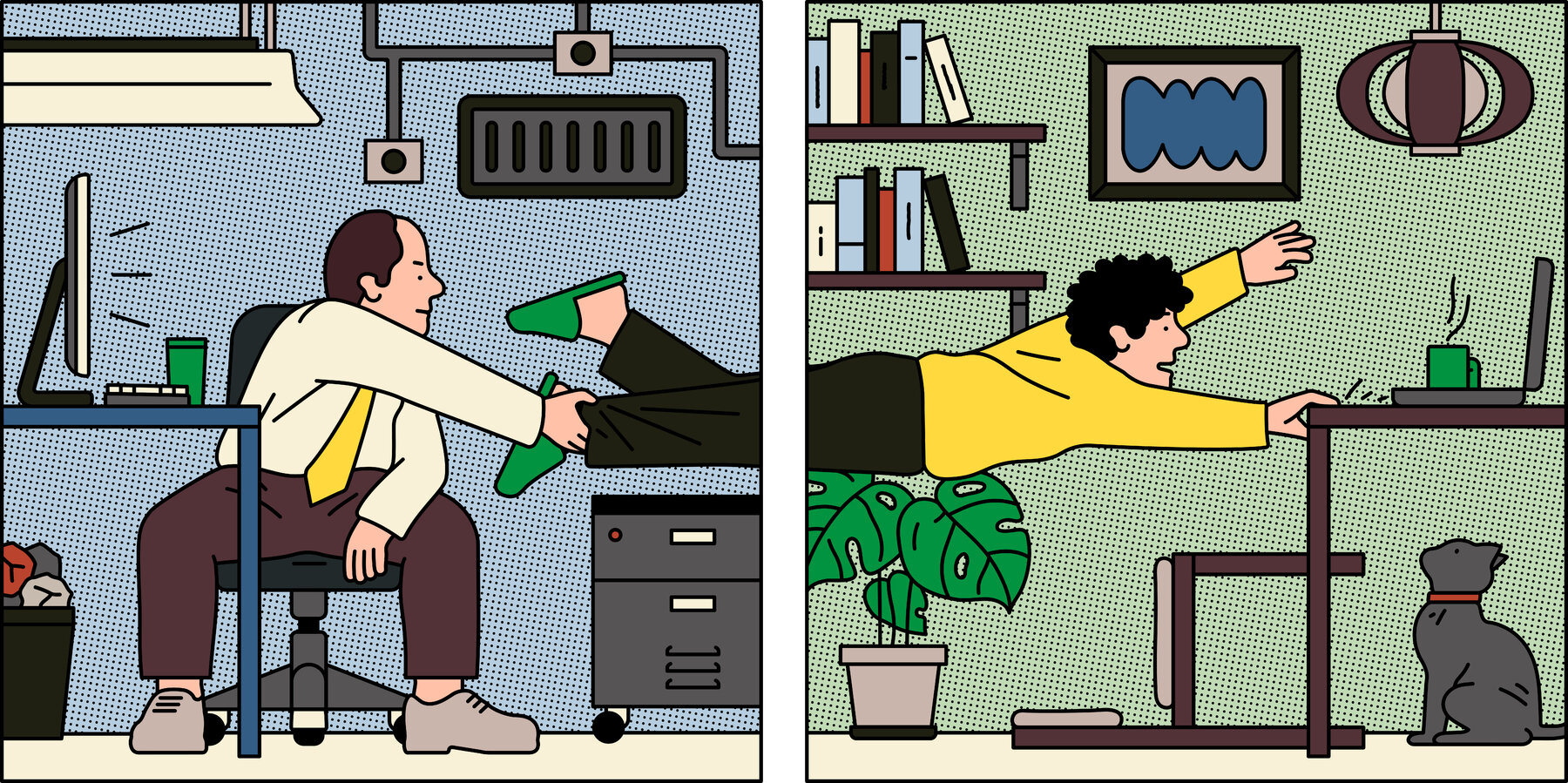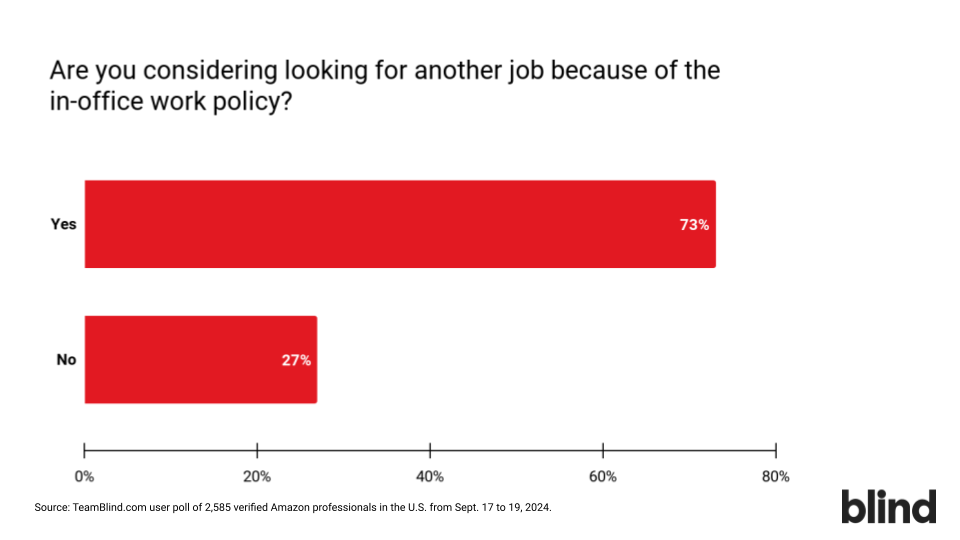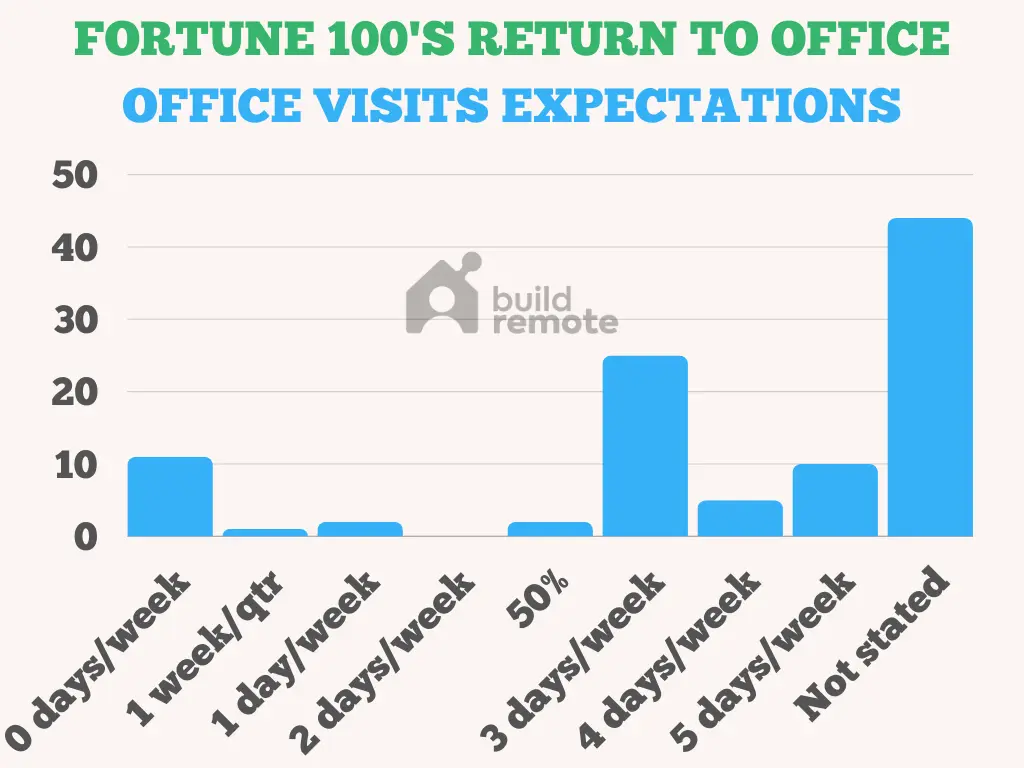The “return to office” battle continues. Amazon recently notified their employees that as of January 2nd 2025, all employees must return to the office (RTO) five days per week. Many Amazon employees are frustrated with this change. Does the Retired Engineer have an opinion on companies requiring employees to “return to office?” Of course!
During the COVID pandemic, many companies reluctantly allowed their employees to work full time from home. Post-pandemic, companies moved to a hybrid schedule (work-from-home several days, and work-in-office several days). Now, companies are starting to require employees to work from the office full time. And employees are not happy.

The "Return to Office" Battle
Employees love the option to “work from home”. Employers seem to prefer having their employees in the office, stating that working from home impacts productivity (“We think we can be better “) and makes it difficult to instill a consistent corporate culture. Amazon CEO Andy Jassy wrote the following to Amazon employees:
We’ve observed that it’s easier for our teammates to learn, model, practice, and strengthen our culture; collaborating, brainstorming, and inventing are simpler and more effective; teaching and learning from one another are more seamless; and, teams tend to be better connected to one another. If anything, the last 15 months we’ve been back in the office at least three days a week has strengthened our conviction about the benefits.”
My experiences over my 40+ year engineering career cause me to distrust management’s publicly stated motives for “return to office”.
Productivity
My experience was that good, committed employees are productive no matter where they work. They value flexibility, and the company showing trust in them. They don’t need to be watched or micromanaged. They enjoy being in the office from a social standpoint (catching up with their coworkers), but find it less productive due to time spent commuting and the distractions of working in a cube farm. Many studies back up my opinion (see References below).
If productivity of a specific employee falls when they work from home, this should be addressed directly with that employee. Everyone should not be punished for the misdeeds of a few.
When a company claims that employees are less productive when working from home:
- Employers should show their evidence that employees are less productive when working from home. What metrics have they collected? Are there fewer lines of code written per month? Fewer products released? Companies stating that productivity has dropped without evidence causes employees to distrust their employer given that most employees believe they are more productive working from home.
- Poor Managers (especially micromanagers) need to learn how to measure the productivty of remote employees. They don’t feel in control if they can’t watch their minions working. Rather than establish and monitor metrics to measure productivity, they simply circle the office to see if employees “look busy”.
Companies claim having a team work together in person improves productivity (Per Jassy’s memo: “you need to be joined at the hip with your teammates when inventing and solving hard problems”). But these same companies often have distributed teams. My former employer required employees to be in the office several days per week, but most employees worked on teams where most members were located at a different site. So these employees drove to the office only to spent hours on the phone working with their remote colleagues. How does this make sense? An Amazon employee sarcastically describes a similar situation on Reddit:
My team is already decentralized and spread across the globe, but sure, making me drive into an office none of my coworkers sit in 5 days a week is not only a good use of my time, but it’s great for the environment. Woo Climate Pledge.
Companies stress “teamwork” when imposing RTO (and when placing employees in cube farms). But engineering is often a solitary job. Certainly design benefits from collaboration between colleagues, but implementation is best done in a distraction-free environment (in other words, NOT in cube land). To write software for instance, you need to mentally plan and then concentrate while writing code. Each time you are interrupted, it takes awhile to get “back in the zone”. I personally believe many software bugs are introduced by programmers who are coding and then interrupted. After the interruption they either forget their plan or don’t pick back up exactly where they left off, resulting in a mistake which introduces a bug into their code.
Engineers often go to extraordinary lengths to avoid distraction when doing work that requires focus, such as wearing headphones (even if only listening to white noise). Some even reserve a conference room when doing work that requires serious thought.
What percentage of engineering is spent doing collaborative design, versus spent doing solitary implementation? From my experience, a typical software engineer spends around 70% of their time on implementation and testing (which requires uninterrupted focus), and 30% of their time on design (which benefits from collaboration with team members). This implies that 70% of an engineer’s time is better spent in a distraction-free environment – outside of cube land.
Tangent: Pair Programming is a software development technique where two programmers work together with one coding while the other reviews in real-time. This is an example where a normally solitary task is performed by a team of two. I doubt, however, that pair programming is prevelant at Amazon given that their culture values “frugality” (per Jassy’s memo).
Culture
All companies have a corporate culture. Good companies work to instill a consistent, well-defined corporate culture. Amazon, for instance, spends a significant amount of time training new hires in Amazon’s corporate culture.
I believe strong, healthy corporate culture is very important. But does building a corporate culture require employees to be in the office five days per week? Could this be done equally well with three days in the office per week? Or even better, could being in the office three days per week be part of a company’s culture – a culture that values and trusts employees? I believe forcing employees to be in the office five days per week sends a message that management does not trust its employees, which harms the culture that a company is trying to instill.
Amazon appears to be communicating that “being in the office five days per week” is part of their corporate culture.
Let’s consider a situation where a company’s management is correct that their employees goof off when working from home. If employees are not motivated and excited to be working, has the company failed to motivate them? Or done things to demoralize them? Most people are excited to learn and grow in their careers. They are highly motivated when doing work they feel is valued by their boss and by the company. If a company fails to communicate their vision to employees, why the work they are doing matters, then the fault for unmotivated employees is with the company not with the employees. Bringing these demoralized employees back into the office won’t suddenly make them productive. Instead, it will simply give them a convenient venue to complain about management dictates, causing morale to further plummet.
Amazon had several rounds of layoffs within the last year. Management must know that RTO will cause some employees to quit. Do they view RTO as an unofficial layoff? The problem with using RTO as an unofficial layoff is that the best performers will be the first to leave as they will have the easiest time finding new jobs (this has already happened at Microsoft, Apple and SpaceX). And they will find somewhere that gives them more flexibility, perhaps even sacrificing pay to do so. This is already happening at Amazon. Blind polled 2585 anonymous Amazon employees one day after the “Return to Office” announcement, and found that 73% are considering looking for other work due to the return to office policy. An RTO mandate is hardly a way to build corporate culture.

73% of Amazon Employees Consider Leaving Due to RTO
Conclusion
Over the course of my 40+ career as an engineer, I have seen power swing back and forth between companies and employees. In strong economies, new hires command high salaries and are given flexibility such as “work from home”. This was the situation post-pandemic in 2022. In today’s weaker economy, fewer jobs are available causing salaries and benefits to drop. Companies are taking advantage of their newfound power to eliminate their “work from home” benefit and bring employees back into the office full time.
I have had the pleasure of working on teams that were highly motivated. They “went the extra mile” to deliver what they had promised. Why? Because they understood and bought into management’s vision for the product. Further, they knew that management valued them, supported them, “had their backs”, and was flexible with them. They bought into the team culture, and accomplished great things. If management had dictated to them the “when / where / how” that they did their jobs, their motivation would have been destroyed. And, the specific team I’m thinking of did this in the midst of the COVID pandemic, with the team working from home approximately 80% of the time.
Fortunately, many companies seem to “get it”. A survey conducted by BuildRemote.co indicates that only 10% of Fortune 100 companies currently require 5 days/week office attendance. But will others now follow Amazon’s lead?

BuildRemote.co Survey on Fortune 100 RTO Policies
I strongly believe that a hybrid approach (2 or 3 days per week in the office) is optimal. It provides days in the office to build a sense of team, and to integrate new hires. It also provides flexibility for employees and demonstrates management’s trust in them. When employees feel trusted and valued, they give their all for the company. Employees who abuse a company’s trust should be dealt with individually. Good employees should not be punished for the sins of the few.
The “return to office battle” is certain to continue.
References:
- https://www.aboutamazon.com/news/company-news/ceo-andy-jassy-latest-update-on-amazon-return-to-office-manager-team-ratio
- https://arstechnica.com/gadgets/2024/09/amazon-kills-remote-working-tells-workers-to-be-in-office-5-days-a-week/
- https://arstechnica.com/tech-policy/2024/09/91-percent-of-amazon-employees-are-dissatisfied-with-remote-work-ending-poll/
- https://www.teamblind.com/blog/amazon-rto-return-to-office-five-days-week-reaction/
- https://arstechnica.com/tech-policy/2024/08/remote-workers-are-27-percent-more-likely-to-look-forward-to-work/
- https://arstechnica.com/science/2024/02/rto-doesnt-improve-company-value-but-does-make-employees-miserable-study/
- https://www.flexjobs.com/blog/post/exploring-the-impact-of-remote-work-on-mental-health-and-the-workplace/
- https://fortune.com/2024/09/29/amazon-employees-angry-andy-jassy-rto-mandate/
- https://arstechnica.com/tech-policy/2024/09/dell-says-sales-team-must-work-on-site-5-days-a-week-to-drive-productivity/
- https://www.theregister.com/2024/05/14/return_to_office_mandates/
- https://buildremote.co/companies/return-to-office/
- https://arstechnica.com/information-technology/2024/05/rto-mandates-led-to-pronounced-exodus-of-senior-workers-at-top-tech-firms/
- https://www.teamblind.com/blog/amazon-rto-return-to-office-five-days-week-reaction/